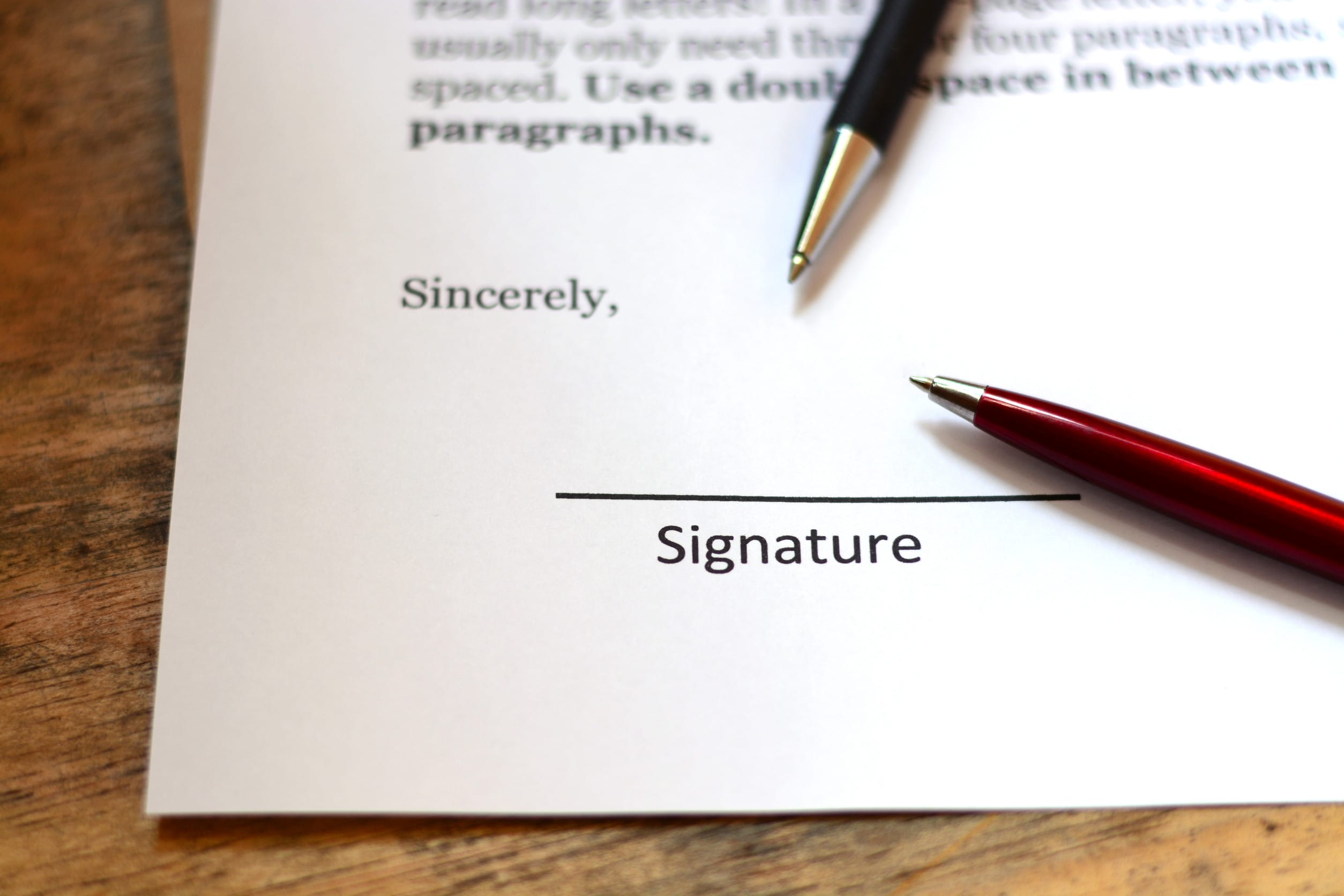7 Things That Immediately Invalidate a Legal Signature on a Document

A signature is a powerful symbol. It represents your consent, your agreement, and your legally binding promise, turning a simple piece of paper into an enforceable contract, a valid will, or an official deed. We are taught from a young age that our signature is our bond, but what happens when that bond is broken before the ink is even dry? There are several critical circumstances that can render a legal signature completely null and void from the moment it is made. Understanding these invalidators is crucial for protecting yourself from fraud and ensuring that the documents you sign are, in fact, enforceable.
1. Signature Was Made Under Duress
If a person is forced to sign a document against their will, the signature is not legally binding. Duress involves the use of threats, intimidation, or coercion to compel someone to act. This could be a threat of physical harm to the signer or their family, a threat to ruin their reputation, or economic pressure so severe it leaves them with no reasonable alternative. The law recognizes that a signature given under such circumstances does not represent the free will of the individual, thereby invalidating their consent.
2. The Signer Lacked Capacity
For a legal signature to be valid, the person signing must have the mental capacity to understand the nature and consequences of the document they are signing. This means they must comprehend what the agreement entails and the responsibilities it places upon them. Individuals who are minors, those with severe cognitive impairments like advanced dementia, or someone who is heavily intoxicated may be deemed to lack the necessary capacity. A signature from someone in these states is generally considered voidable.
3. The Signature Is a Forgery
This is perhaps the most straightforward invalidator: if the signature on the document is not actually yours, you are not bound by it. Forgery is a form of fraud where someone unlawfully replicates another person’s signature to deceive others. Proving forgery often requires the expert analysis of a handwriting expert who can compare the signature in question to known, authentic samples. A forged signature is a legal nullity from the outset, as consent was never given.
4. The Document Was Fraudulently Presented
A signature can be invalidated if the signer was deceived about the very nature of the document they were signing, a concept known as “fraud in the factum.” For example, if you are told you are signing a simple guest register, but the paper is actually a contract to purchase a car, your signature is invalid. You were tricked into signing something entirely different from what was represented to you. This form of fraud negates the “meeting of the minds” required for a valid agreement.
5. The Terms Were Illegally Misrepresented
This type of fraud, known as “fraud in the inducement,” occurs when a person knows what kind of document they are signing but agrees to it based on false information. For instance, if you sign a contract to buy a car after the seller knowingly lies and tells you it has a new engine when it’s actually 10 years old, your consent was based on a fraudulent claim. The law allows for the contract to be voided because you were induced to sign by intentional misrepresentation of a key fact.
6. The Document Is for an Illegal Purpose
A contract or agreement is unenforceable if its subject matter is illegal. For example, a written contract between two parties to commit a crime, such as robbing a bank, is void from the start. The legal system will not uphold an agreement that violates public policy or criminal statutes. Therefore, any legal signature attached to such a document has no power or effect, as the underlying agreement itself is invalid.
7. A Condition Precedent Was Not Met
Some contracts include a “condition precedent,” which is an event or action that must occur before the agreement becomes binding. For example, a home purchase agreement might be contingent on the buyer securing a mortgage loan. If the buyer is unable to get the loan, the condition precedent has not been met. Therefore, the signatures on the purchase agreement no longer bind the parties, and the contract is effectively voided.
Your Signature Is Your Bond
A legal signature is the cornerstone of countless personal and business transactions, but its power depends entirely on the circumstances under which it is given. Being aware of factors like duress, fraud, and lack of capacity is essential for ensuring the integrity of any document you sign. Always read everything carefully, never sign under pressure, and when in doubt, consult with a legal professional. Protecting the validity of your signature is paramount to protecting your rights and assets.
Have you ever refused to sign a document because something felt wrong or suspicious? Share what happened in the comments.
Read More:
6 Critical Documents Your Family Must Be Able to Find if You Die Suddenly
